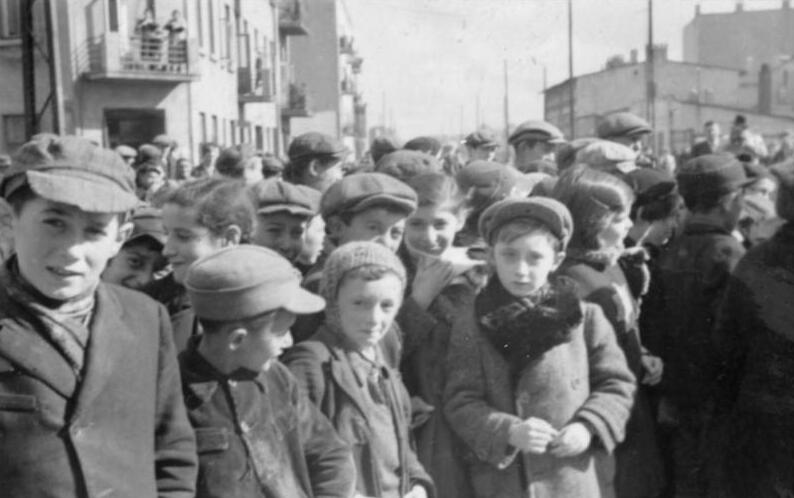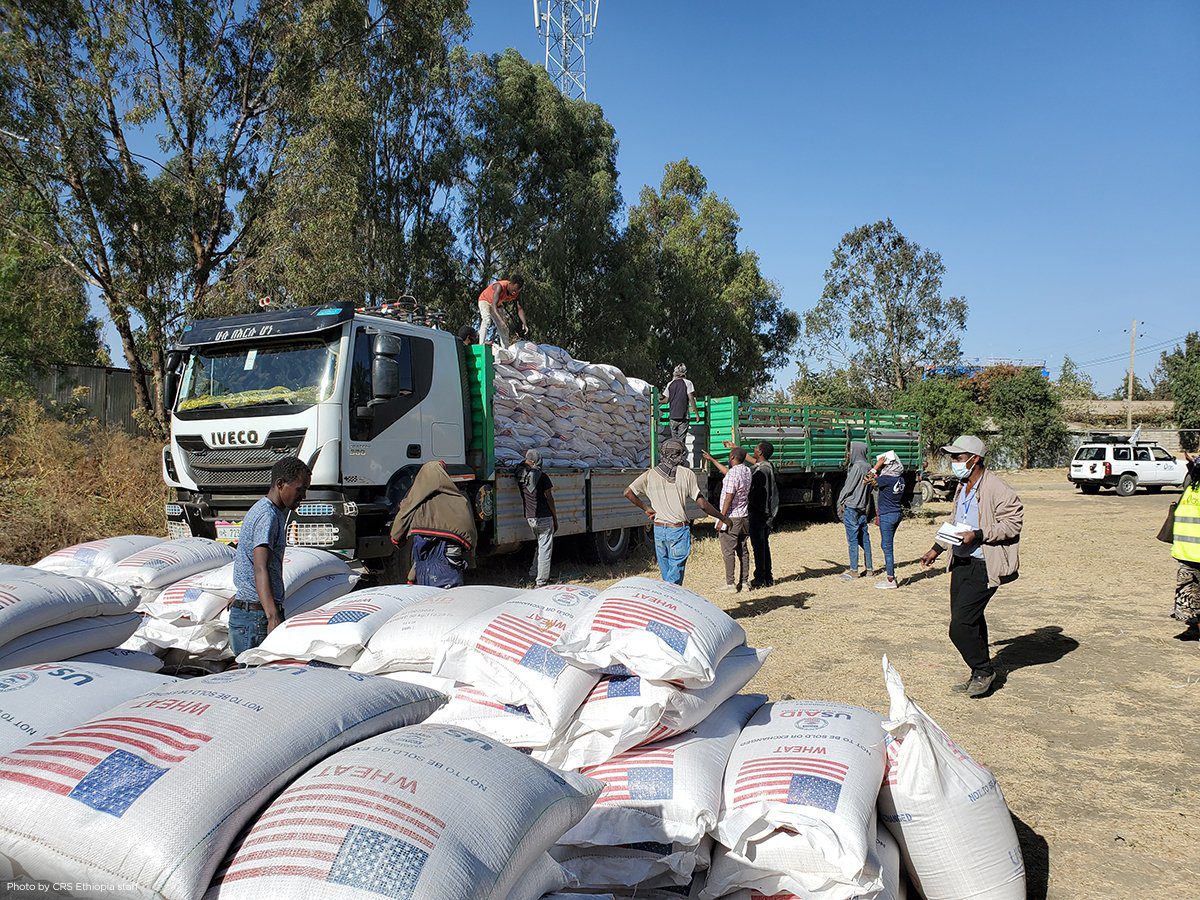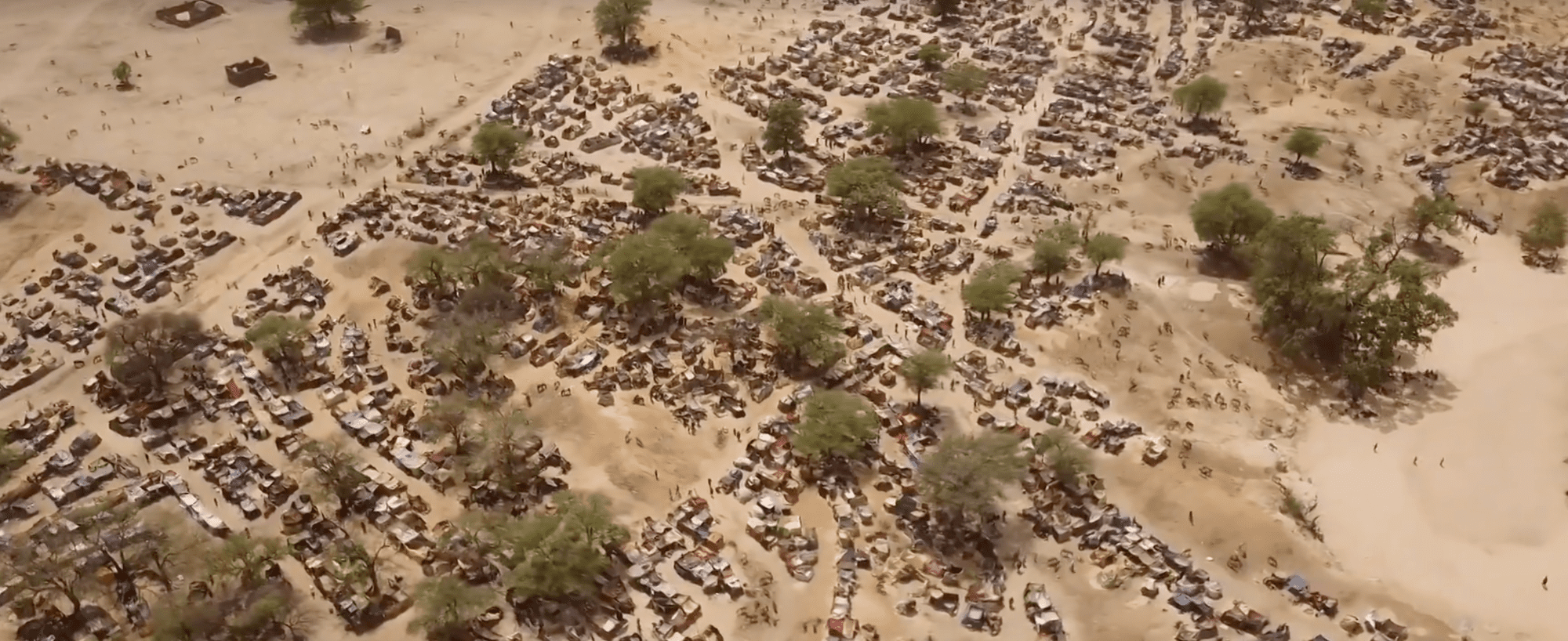In the of the 3 November 2016 edition of the London Review of Books, Alex de Waal reviews From War to Genocide: Criminal Politics in Rwanda 1990-94 by André Guichaoua, translated by Don Webster. Below are excerpts, the full review is available from LRB.
There was certainly a determined effort to kill every Tutsi in Rwanda between April and June 1994, and it was state policy. But it was a hastily improvised policy, cobbled together a few days after the assassination of Habyarimana, whose presidential jet was shot down near Kigali Airport on 6 April, when the decapitation of the government led to the panicked radicalisation of the regime’s lieutenants.
[…]
Guichaoua’s account explains some of the mysteries of the Rwanda genocide. Why did Théodor Sindikukwabo, a lethargic man of little reknown, become interim head of state during the genocide? Why did Agathe, leader of the best organized and most ruthless political machine in the country, spend the next few weeks after her husband’s death making a panicked attempt to flee the country? Why was a retired colonel named Théoneste Bagasora, the engineer of the assassinations of the moderate political establishment in the days after Habyarimana’s death, convicted by the International Criminal Tribunal for Rwanda of acts of genocide, but acquitted of conspiracy to commit genocide?
[…]
If genocide was the product of confusion, error, and the politicking founded on personal interest, rather than a long-thought-out plan, we require a framework that enables us to understand how everyday politics can turn to violence. During the 1980s, the Hayarimana regime had dominated a closed domestic political marketplace, using patronage funds (aid and export revenues from parastatals) and regulating by coercion. This model collapsed in 1990. The RPF threatened to take over and run the country using the same model. Unfortunately for Habyariamana, political liberalisation — demanded by both the population and aid donors, especially France — became inevitable at precisely this point, and so members of the political elite felt able to choose between his party and the RPF. Many of them took democratisation and the peace accords seriously, and assumed that the model of political competition regulated by elections and the rule of law would prevail. The price of loyalty shot up.


